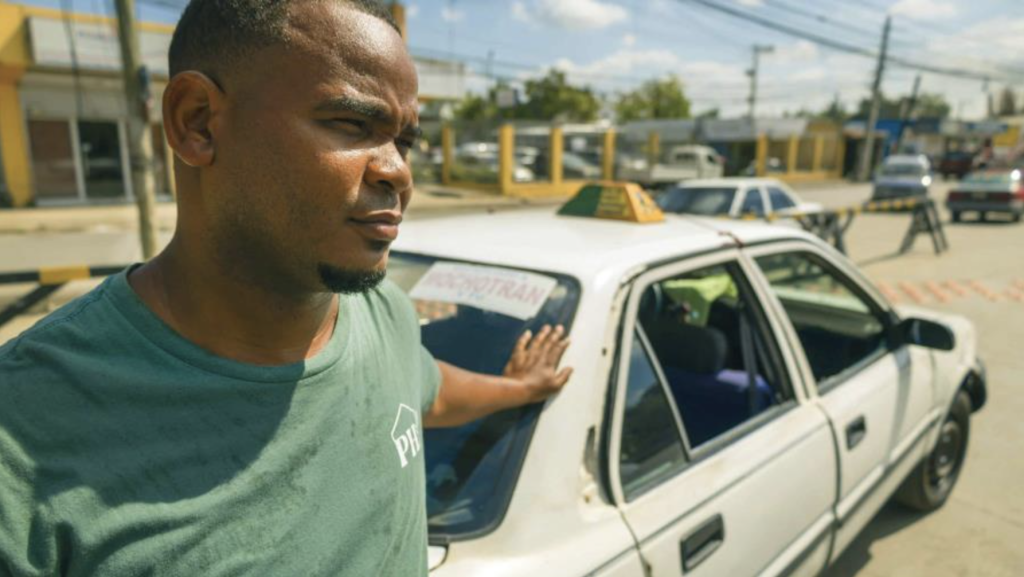
Haitians have long found work in the Dominican Republic’s agriculture and construction sectors. Now, they are increasingly turning to public transportation, primarily as unofficial “pirate” drivers, a trend that is fueling resentment among their Dominican counterparts, Diario Libre reports.
Dominican taxi and motorcycle drivers complain that these unlicensed Haitian operators undercut fares and avoid paying transport association dues.
“They take our passengers, and they don’t have the same responsibilities we do,” said Alejandro Núñez, a Dominican taxi driver. Many drivers view the “pirates” as unfair competition, noting they don’t contribute to the established system.
Diario Libre reports that the so-called pirate drivers often operate outside the formal syndicated transport associations system, which requires significant upfront investment. Joining a route can cost anywhere from RD$400,000 (US$7,500) to RD$5 million (US$93,000), plus daily fees and other payments. For many Haitian immigrants struggling to survive, working outside the system is the only viable option.
Syndicated transport association leaders offer differing perspectives. Juan Hubieres, president of Fenatrano, told Diario Libre their vehicles are driven by many foreigners including Venezuelans and Colombians aside from the Haitians, Venezuelans, and Colombians. Nevertheless, he insisted they are legal.
Antonio Marte, head of Conatra, the leading transport association, denied the presence of Haitians on his interurban routes, yet he recognized their presence in Greater Santo Domingo, when interviewed by Diario Libre.
Diario Libre reports that while some Haitians have successfully integrated into legal public transport roles, most dominate the “motoconcho” (motorcycle taxi) sector due to its lower entry barrier. However, this informal sector faces constant migration raids and crackdowns.
Read more in Spanish:
Diario Libre
19 March 2025

